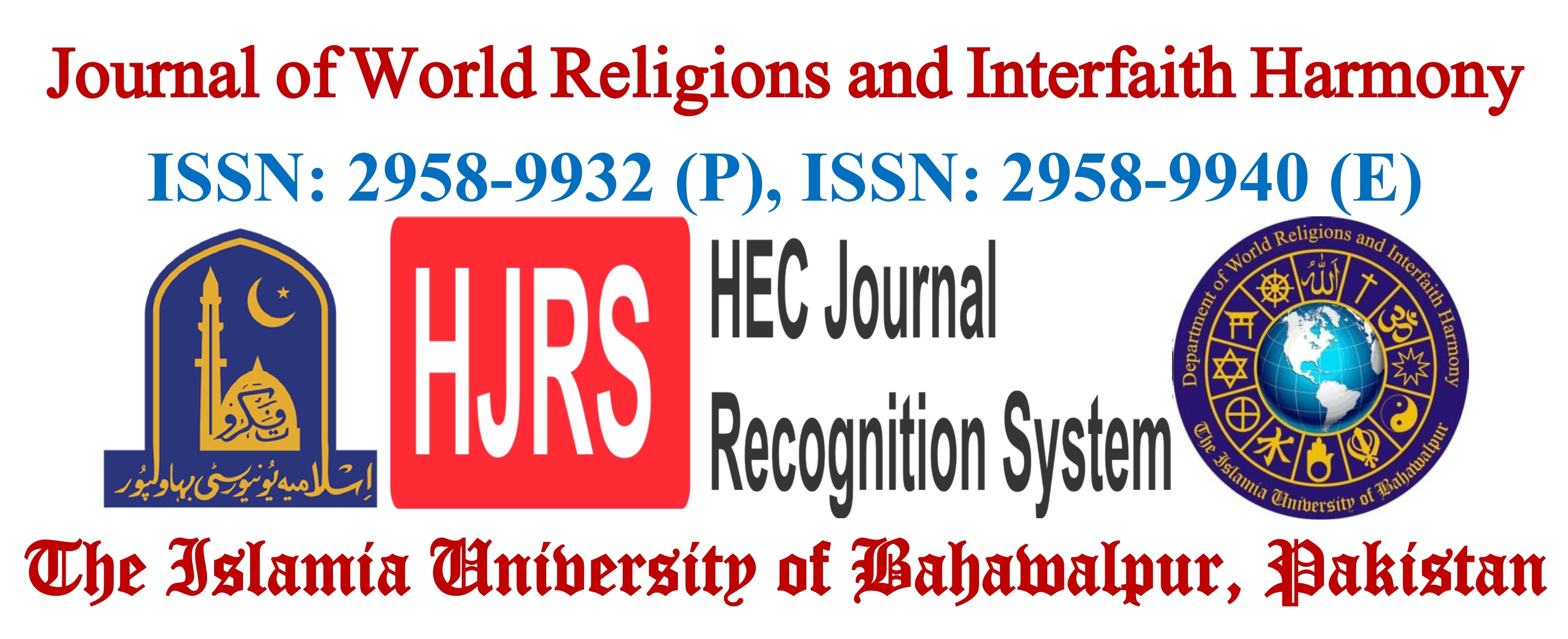Benefits of Makki Mowakhat
DOI:
https://doi.org/10.52461/jwrih.v3i1.2867Abstract
The study of the blessed life of the Prophet ﷺ is also have great significant with its sequences of the events. Many proceedings of Prophethood during the Meccan period actually proved to be the prelude or foundation of the importance measures of the Madani period. One of the essential steps is Makki Mukhat. A large number of biographers and historians have mentioned Madani Muwakhat, but there is no material in their books regarding Makki Muwakhat. Some have mentioned the Makhi muwakhat , but most of them have mentioned only the Madni and confused about the Makki Muwakhat. This Makkah Muwakhat provide the some kind of protection to oppressed Muslims of Makkah and th new ones who were freed from Slavery.This Muwakhat also proved to be a forerunner of Madani Muwakhat and is very important in its fruits and wisdom. In this paper, an attempt has been made to evaluate the effects of Makki Mukhwat. It was intended to give up the muslims a social and social environment that would create unity and differences between them. In addition, it was intended to ease the grief of the Muslims at the loss of their family and relatives and to give a new determination to live, enthusiasm and a new color of this relationship of the makkah period with the brotherhood of “Mawakhat-e-islam.” It was the first act of establishment. Mowakhat was actually the first seat of global Islamic community. The Prophet (peace and blessings upon him ),established Muwakhat as the first priority to replace cruelty and brutality with love.
Downloads
Published
How to Cite
Issue
Section
License
Copyright (c) 2024 Samina Rasheed, Dr. Syeda Sadia

This work is licensed under a Creative Commons Attribution-NonCommercial 4.0 International License.






